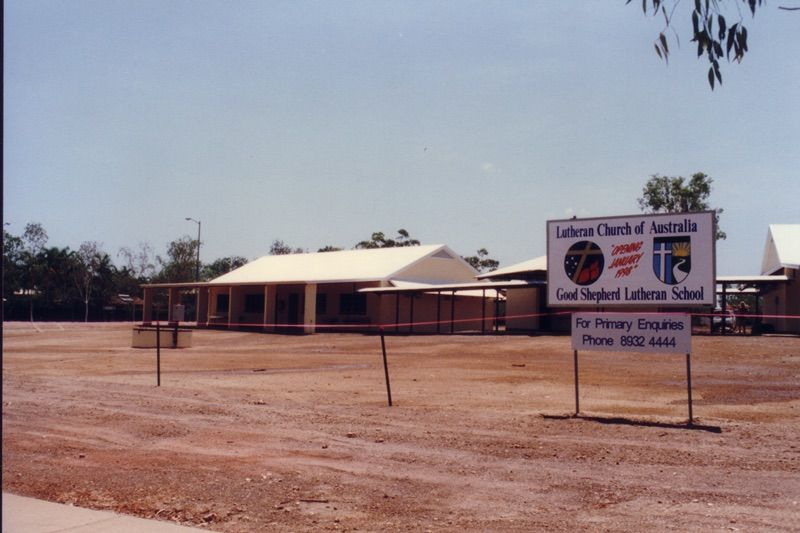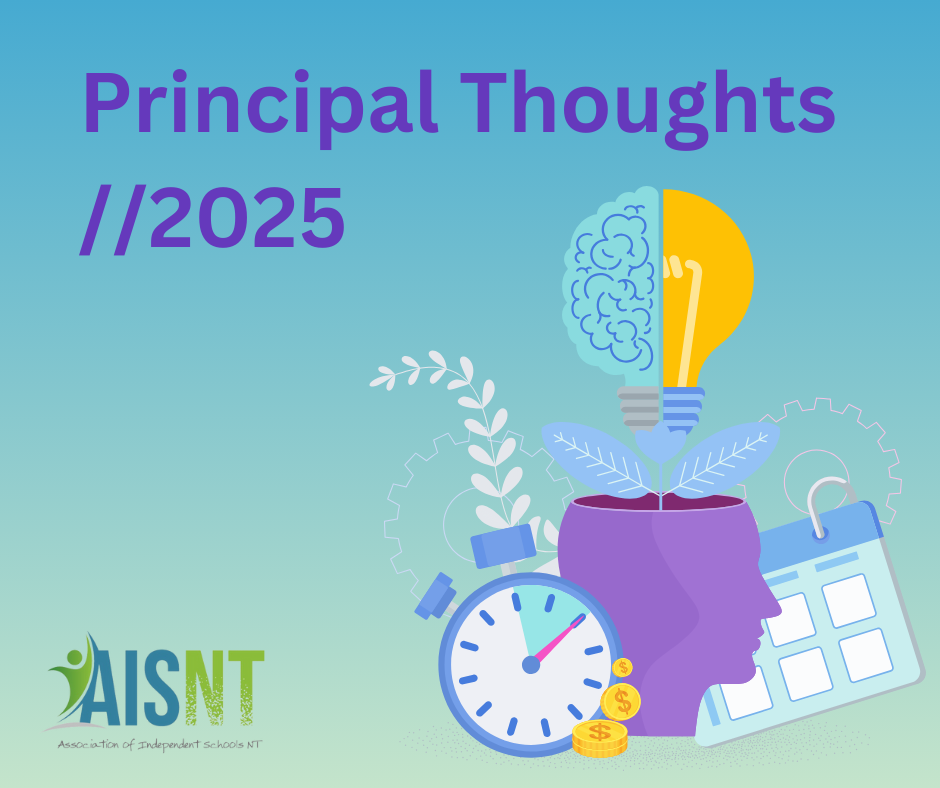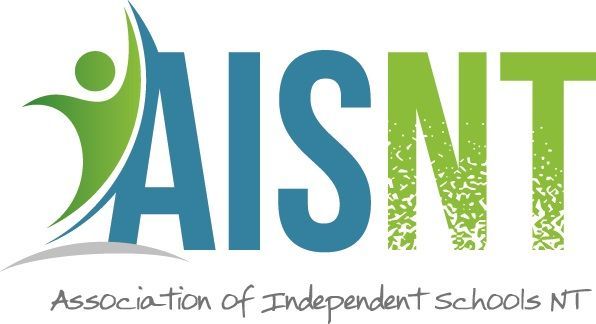Responsibility Comes With Leadership
In the first article this year I introduced the book “Hardwired Humans” written by Andrew O’Keeffe. He runs a consulting firm of the same name and consults in the human dimension of organisations. One of his key resources are the Gombe chimpanzees found in the Gombe National Park on the shores of Lake Tanganyika in Tanzania, Africa. He has used extensively the research undertaken by Dr Jane Goodall of the Gombe Stream Research Centre, Tanzania. Jane Goodall has spent her life living with and researching to gain an understanding of these chimpanzees.
Jane writes in the forward to O’Keefe’s book the following observation: “So many people are obsessed with how we are different to other animals but chimpanzees impress us with the similarities in their behaviour and our own. They have many of the attributes that used to be considered uniquely human - such as using and making tools, intellectually solving problems, expressing emotions such as anger, sadness, happiness, despair. This should not surprise us since we differ, in structure of DNA, by only just over one percent.”
I’m have been a big believe in the concept of Observing or Receiving Information, Reflecting on it , Researching it further, Determining its relevance to me and my world , Determining whether I can use it , Determining how I can use it wisely and usefully. I find the following equation useful so I can be reminded of the steps in this process and not “jump in” half baked with a deficient answer or idea.
3R+3D = M P where MP is “Meaningful Purpose”
If the result isn’t that then I won’t act on the information, though I might find it interesting.
Dr Jane Goodall is now 89 and has never lost the passion for chimpanzees, conservation, and animal welfare.
O’Keefe embraced the work of Jane Goodall. He knows her and has worked with her. He read about the Gombe chimpanzees and Jane Goodall’s work and has spent many hours observing the chimpanzees at the Taronga Zoo in Sydney. These observations, he claims, can “provide valuable insights for dealing with tensions in a human group and provide clues which will help humans become better leaders”. To me it was really worth reading further and understanding how he considered this happened.
New managers, and indeed Principals, are often initially uncertain of “their roles and powers”, inspite of a detailed job description. O’Keefe observes that the team (staff) wants and needs them to be a leader. He notes: “If the manager continues to act as peer instead of leader, they are leaving a “leadership vacuum.” But there are obligations which come with leadership and if these aren’t fulfilled the staff starts to become dysfunctional.
One, two year period of observation by Dr Goodall of the Gombe chimps was when there was no single leader in their community. However there were two males competing for the top position with two years of chaos eventuating. During this time other males took the opportunity try and enhance their social position. Only when one of the males achieved dominance did the community return to normal and harmony was restored.
on the role of leader, is their need to accept the responsibility of the obligations that go with the position. The following are some of the responsibilities Goodall and O’Keefe identified:
- Set the vision and direction for the staff so people have context for their role.
- Ensure they understand the value they provide.
- Be an advocate for the staff.
- Appropriate resources to enable staff to succeed.
- Defend the staff against unreasonableness.
- Set goals for people so their roles are clear.
- Give feedback so staff can learn and grow.
- Value staff contribution.
- Set standards of behaviour and performance.
- Hold people to account if they don’t realise these.
- Ensure harmony by not letting conflict fester.
O’Keefe writes: “If the leader doesn’t deliver on these dimensions the group will be weakened, will be dysfunctional, performance will suffer, the leader will be considered inadequate and members of the team will want to leave to join a functional team”.
When I read this and subconsciously applied my formula, 3R+3D=MP I was taken by the knowledge that each one of these was important for a school Principal.
I also recognised that they were the result of staff wanting their group to work, to be secure, achieving, and valued. All of them were important to the staff, not just the Principal .It is interesting to observe that the chimps valued many of these. It is worth realising that these are also normal human desires and not something foreign to the ordinary person.
The Principal should provide a staff member with a sense of belonging in the organisation. If the staff number less than 150 this will be more achievable than if it’s over 150. The Principal, however may still need good assistance in this from really supportive and capable departmental managers. However the Principal must know the effectiveness of these leaders. Ideally the Principal will know the names of all their staff and something of what defines them as individuals. Furthermore the Principal must know and understand an individual’s role.
Sadly, and you might have struck this, a difficult situation occurs when a staff member doesn’t endorse these desires and in fact acts in destructive way. This is a huge problem and must be dealt with, because their attitude can undermine you as the leader and start to destroy the staff. It is sad to write this but I know the existence of such people and have experienced their toxicity. Maybe it’s a case of saying to them, “this school is not really for you”. It maybe that dealing with this will cost some money. Ultimately, I would think, you wouldn’t deal with this without the support of an appropriate lawyer. Though this is difficult but it will be the best for the staff, the students and also you. It is one of your hardest jobs and has to be handled really carefully. In this situation you should keep your Board Chair abreast of the situation.
REFLECTION STUDENTS WANT TO LIKE THEIR PRINCIPAL
As I was driving through the bush the other day, thinking about schools and leadership, it occurred to me that something which is valuable, is the knowledge that students today really want to like their Principal and Deputy Principal. They seem to understand that Principals have difficult tasks to undertake and can’t always make popular decisions. However most want to have a positive relationship with their Principal even though they may not spend much time with them. Having a positive relationship with the Principal helps them to have a positive relationship with the school. The days of grumpy, bad tempered, remote Principals are over.
BELONGING
Belonging is an essential ingredient of a good education. Students and Staff want to belong, feel an identity with the school and hopefully are proud of it. One way to assist staff and students in this is to provide them with the story of the school and to point out that they are now part of creating history for future generations. Talking with old students and indeed staff has prompted this thought and its importance.
QUOTATIONS FOR THE WEEK
“We know what we are but know not what we may be.” “Better three hours too soon than a minute too late”
- William Shakespeare.
Chris Tudor
Principal Liaison & AISNT Historian



